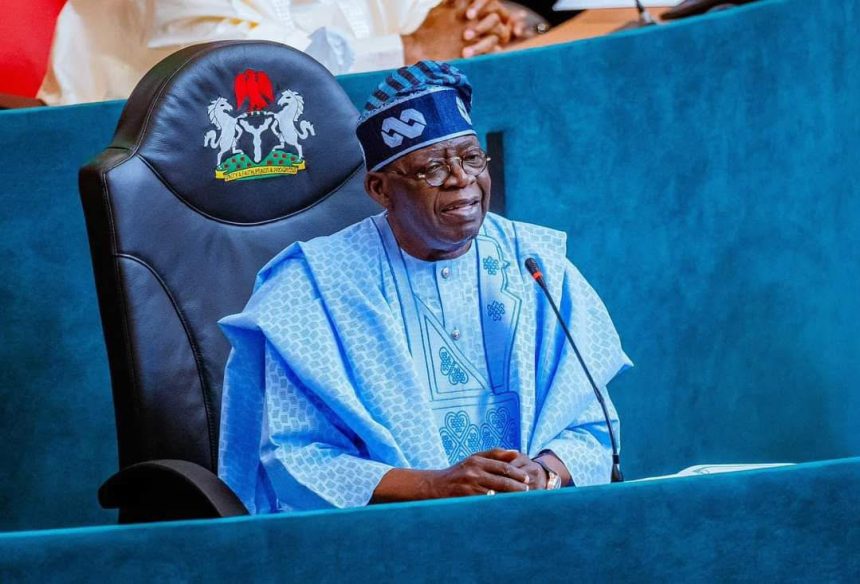President Bola Ahmed Tinubu has approved the introduction of a 15 per cent ad-valorem import duty on petrol and diesel, a policy aimed at protecting Nigeria’s emerging local refineries and stabilising the downstream petroleum market.
The directive, contained in a letter dated October 21, 2025, and made public on October 30, was addressed to the Federal Inland Revenue Service (FIRS) and the Nigerian Midstream and Downstream Petroleum Regulatory Authority (NMDPRA). It ordered the immediate implementation of the new tariff as part of a “market-responsive import tariff framework.”
The letter, signed by the President’s Private Secretary, Damilotun Aderemi, conveyed Tinubu’s approval following a proposal by FIRS Executive Chairman, Zacch Adedeji, who argued that the measure would align import costs with domestic production realities.
According to Adedeji, the new tariff forms part of ongoing fiscal and energy reforms designed to boost local refining capacity, stabilise prices, and strengthen Nigeria’s naira-based oil economy, in line with the administration’s Renewed Hope Agenda for energy security and economic sustainability.
“The core objective of this initiative is to operationalise crude transactions in local currency, strengthen local refining capacity, and ensure a stable, affordable supply of petroleum products across Nigeria,” Adedeji stated.
The FIRS chairman further warned that price instability in the downstream market was being fuelled by the misalignment between local refining costs and import parity pricing, which often undercuts domestic producers.
“While domestic refining of petrol has begun to increase and diesel sufficiency has been achieved, price instability persists, partly due to this misalignment,” he wrote.
Adedeji explained that the 15 per cent duty on the cost, insurance, and freight (CIF) value of imported fuels would discourage duty-free imports from undercutting domestic producers, while ensuring fair competition and cost recovery for refiners.
Projections contained in the presidential letter indicate that the new tariff could raise the landing cost of petrol by an estimated ₦99.72 per litre, bringing average Lagos pump prices to about ₦964.72 ($0.62)—still below regional averages such as Senegal ($1.76), Côte d’Ivoire ($1.52), and Ghana ($1.37) per litre.
The move comes as Nigeria intensifies efforts to reduce dependence on imported petroleum products and expand domestic refining capacity.
The 650,000-barrel-per-day Dangote Refinery has already commenced diesel and aviation fuel production, while modular refineries in Edo, Rivers, and Imo States have begun small-scale petrol refining.
Despite these advances, imported petrol still accounts for about 67 per cent of national demand, underscoring the government’s push to balance protection for local producers with affordability for consumers.



